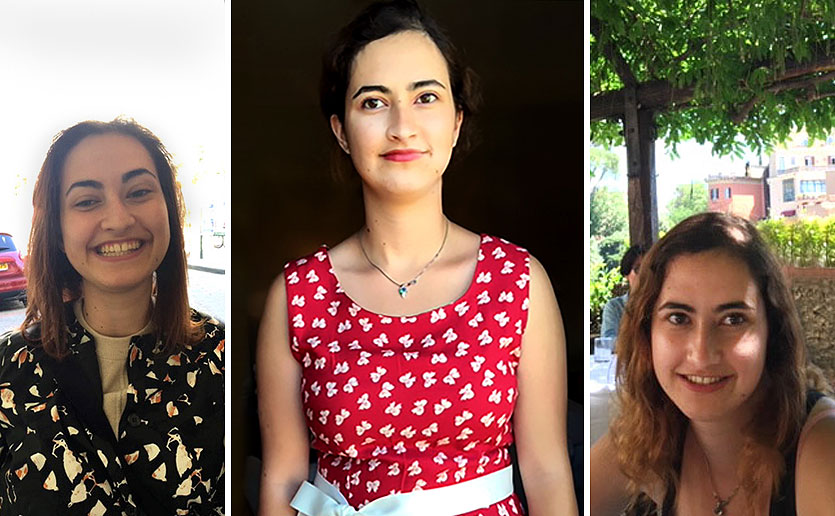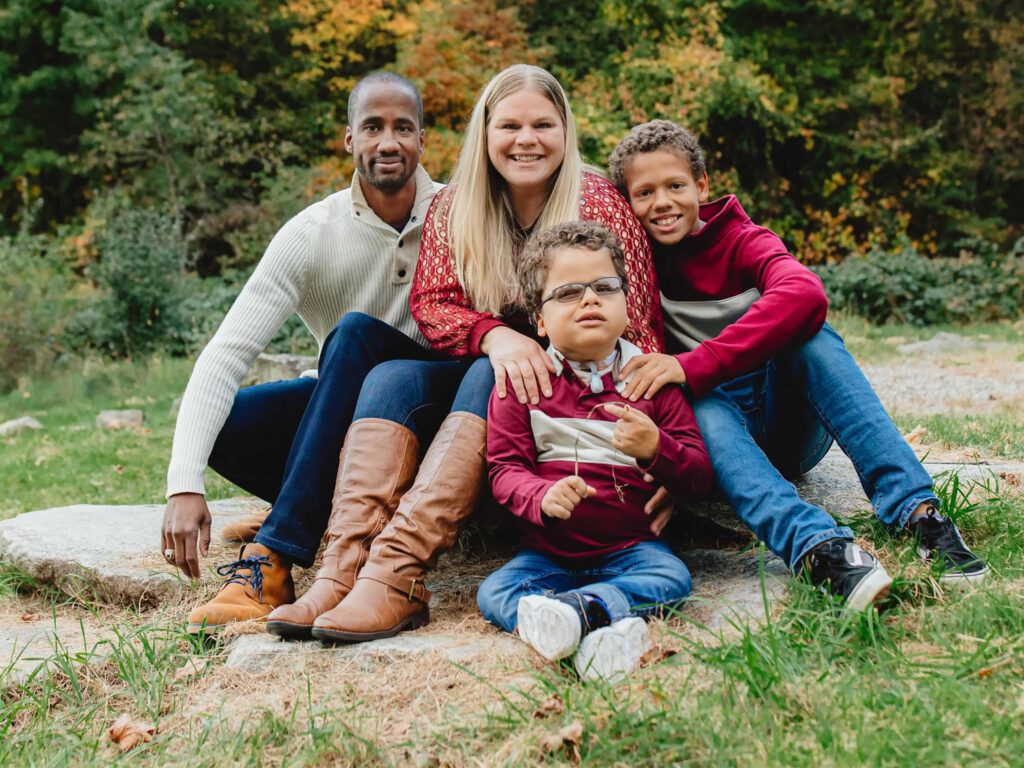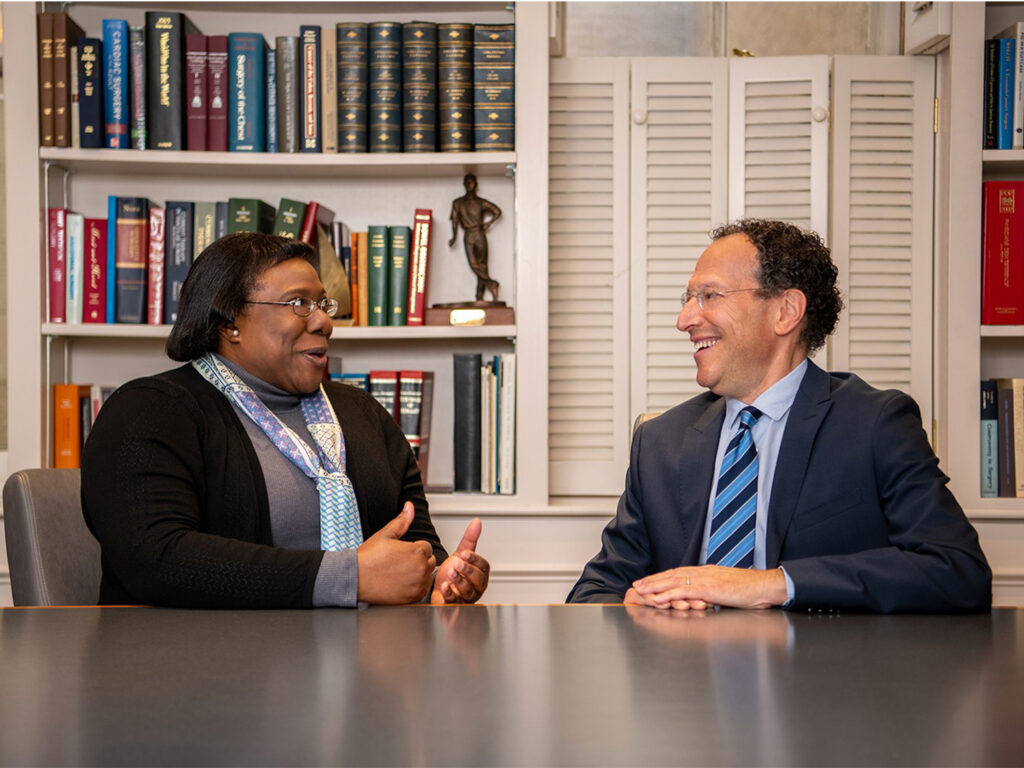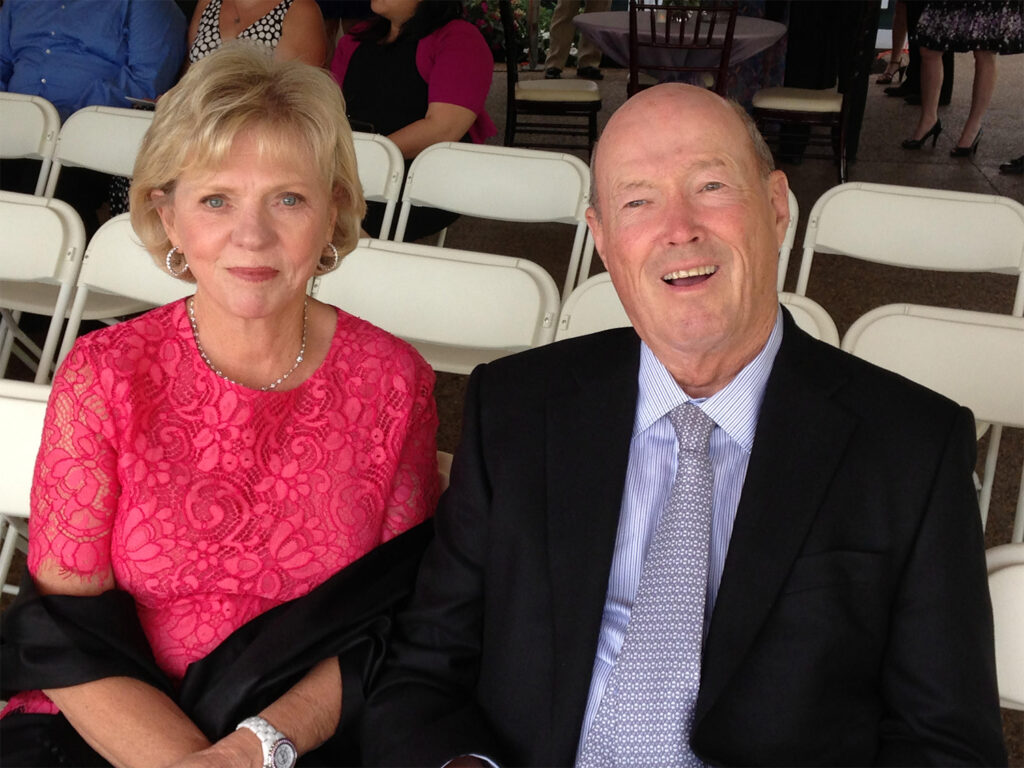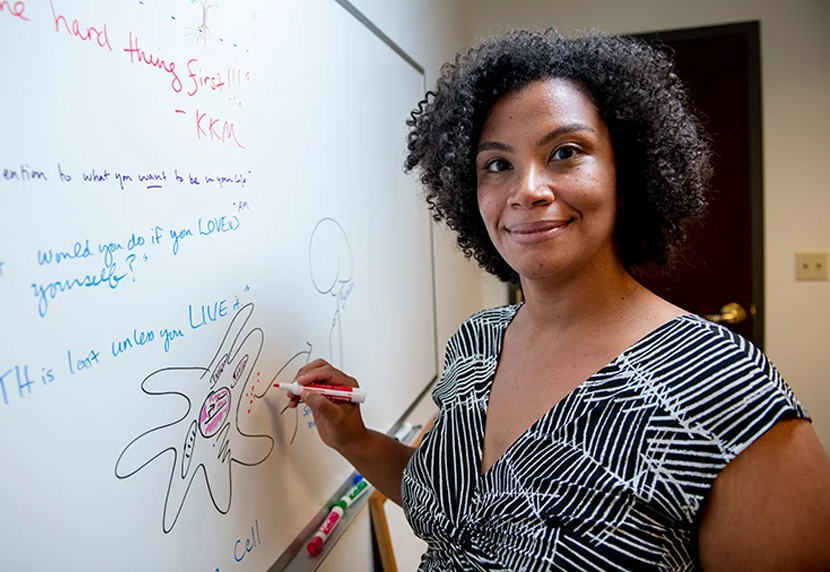Wayne Blank won’t forget a conversation with his young granddaughters at a diner near his art gallery 18 years ago. “I was putting money away for them and asked, ‘what are you going to do with your money?’ Arielle, who was then 7 years old, spoke up right away. I’m going to give my money to charity.”
The Arielle Soussan Memorial Fund for Psychedelic Research supports groundbreaking work to explore how psychedelics impact the brain and alleviate suffering in people with major depression.
That was just like Arielle, he explained, a brilliant and sensitive young woman who radiated kindness and cared deeply about the world. She was keenly aware of its inequities and wanted to make things better. Arielle cared about her friends and the people she loved. Whether it was helping someone overcome their shyness or standing up for someone who was being bullied, “Arielle was always helping her friends,” says her mother, Keren Soussan.
Arielle’s Legacy
A year after her death at age 24, Arielle’s family has fulfilled her wish with a gift to the Center for the Neuroscience of Psychedelics at Massachusetts General Hospital. The Arielle Soussan Memorial Fund for Psychedelic Research supports groundbreaking work to explore how psychedelics impact the brain and alleviate suffering in people with major depression.
Arielle herself struggled with intractable depression. While her family was aware of her depression and her continual search for an effective treatment, they did not realize her life was in danger. “Her grandmother and I are discovering now the depths of her despair, how desperate she really was,” says Wayne Blank.
But she was also funny and mischievous, with a love for poetry and music and cats and a passion for reading and writing in both French and English. Buoyed by her curiosity and sense of adventure, Arielle traveled the world, living in Australia for six months and Israel for two years. In San Francisco, she volunteered for an organization helping undocumented immigrants with applications for visas. In Haifa, Israel, she worked in a shelter for children of battered women.
Arielle graduated in 2017 with a bachelor’s degree in communications and culture from Indiana University in Bloomington, a college she selected in large part because of its bucolic campus. At the time of her death, she was a freelance newspaper writer in Bloomington, covering music and movies.
“Psychedelic compounds hold the potential to move the dial on the capacity for change and provide hope to those in most need of hope, patients with treatment resistant illness.”
Arielle was troubled by the stigma of mental illness, contrasting the support for cancer patients with the lack of support given to people with a mental illness. “Arielle was right. I hope that this will change in my lifetime,” says her mother.
In part because of her own struggles, Arielle had expressed interest in the potential of psychedelic compounds for the treatment of mental illness. “She would have been a good candidate for psychedelics. She needed something to help change the mind,” her grandfather Wayne believes.
The Center for the Neuroscience of Psychedelics
Indeed, Jerrold Rosenbaum, MD, psychiatrist-in-chief emeritus at Mass General and one of the world’s authorities on mood and anxiety disorders, founded the center earlier this year because of the promise that psychedelic compounds hold to transform mental health care treatment. Studies show that even a single dose of these compounds can bring previously treatment resistant patients into remission and provide sustained relief. “What we do here has the potential of one day changing millions of lives for the better,” states Dr. Rosenbaum.
The mission of the Center for the Neuroscience of Psychedelics is to understand how psychedelics promote neuroplasticity and enhance the brain’s capacity for change, to optimize current treatments, create new options for treating mental illness, and, ultimately, make the term “treatment resistant” obsolete.
“Arielle’s story is a reminder of why we do the work we do.”
“Psychedelic compounds hold the potential to move the dial on the capacity for change and provide hope to those in most need of hope, patients with treatment resistant illness,” states Sharmin Ghaznavi, MD, PhD, associate director of the center and director of Cognitive Neuroscience, adding, “patients like Arielle.”
In addition to Drs. Rosenbaum and Ghaznavi, the center’s leadership includes Bruce Rosen, MD, director of the Athinoula A. Martinos Center for Biomedical Imaging and pioneer of functional magnetic resonance imaging and Stephen J. Haggarty, PhD, a leading chemical neurobiologist. Philanthropist and entrepreneur Dick Simon, who aims to reduce the stigma and raise awareness of psychedelic treatments for mental health issues, chairs the center’s advisory board.
“The whole team is very impressive,” says Shoshana Blank, Arielle’s grandmother. “We feel that we made a very, very good decision.”
Arielle’s fund is supporting three inaugural studies on the effects of psilocybin on different features of treatment resistant depression. In Dr. Ghaznavi’s words, “Arielle’s story is a reminder of why we do the work we do.”
To learn more about how you can support the research and treatment of depression, please contact us.
DREAMS
A poem by Arielle Soussan,
written when she was 12 years old
I am there.
Yet I am not.
My soul is drifting.
I try to pull it back.
I try to stay awake.
I know what will happen if my soul escapes.
I toss and turn.
And think.
I turn on the light.
I look at the clock.
I read.
But what is the use?
I soon close my eyes.
And lose consciousness.
I somehow forget.
But I still remember.
The world of Dreams tempts me.
A land to forget your troubles.
I am free.
I am at peace.
I lose my mind.
I have no more common sense.
A powerful force controls me.
I have no more power over my actions.
Am I dead?
Am I alone?
What is this cruel game?
This wicked joke?
Will I ever get back?
Am I imprisoned in my own imagination?
I must get back.
My body, my eyes, watch my soul be controlled.
This is not me!
Yet it must be.
It is an imposter!
But who?
I don’t want this.
Will I stay here forever?
Save me!
No one can hear me.
When will this nightmare end?
I suddenly awake and let out a deep breath. I am back.
I am alive.
Until next time.
